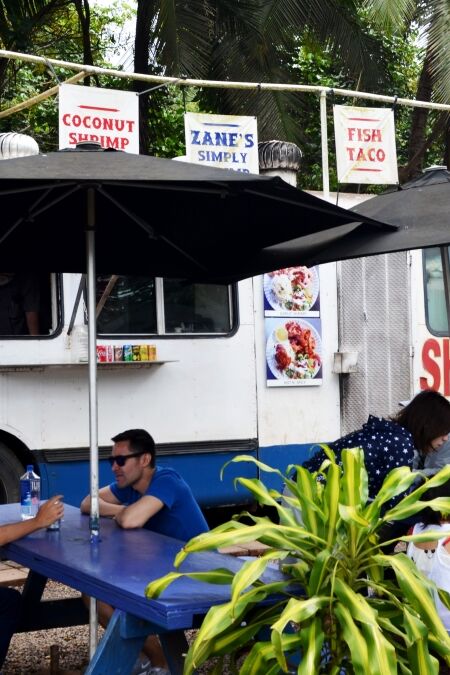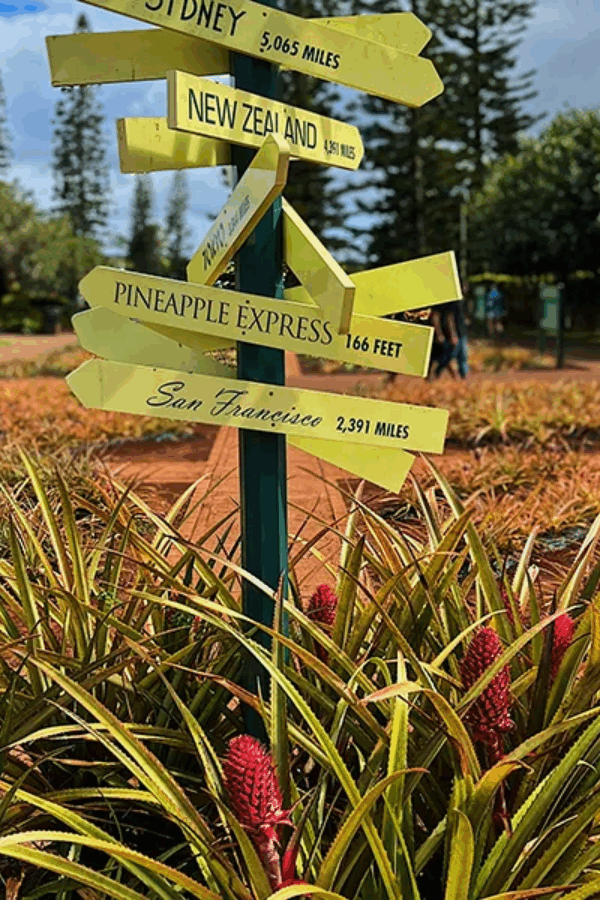Maui Tropical Plantation is a must-visit destination that showcases the island’s rich agricultural heritage in a lush, scenic setting. Located in Central Maui, it offers visitors a chance to explore vibrant tropical gardens, take guided plantation tours, and enjoy exciting activities. This guide will walk you through everything you need to know about visiting, including key highlights such as the gardens, tours, dining options, and shopping for local crafts and souvenirs.
Highlights
- Enjoy a relaxing tram ride through lush fields of sugarcane, pineapples, and other tropical crops.
- Stroll through the vibrant tropical gardens, offering scenic walking paths and beautiful views of the West Maui Mountains.
- Try coconut husking demonstrations or book an immersive farm-to-table tour where you can learn about local farming and taste fresh produce directly from the plantation.
- The Plantation Store offers local products and souvenirs, while The Mill House restaurant serves farm-to-table cuisine, providing visitors with an authentic taste of Maui’s agricultural bounty.
- The plantation also hosts weddings and events, while thrill-seekers can experience the Maui Zipline, a family-friendly zipline adventure through the plantation’s scenic landscape.
History
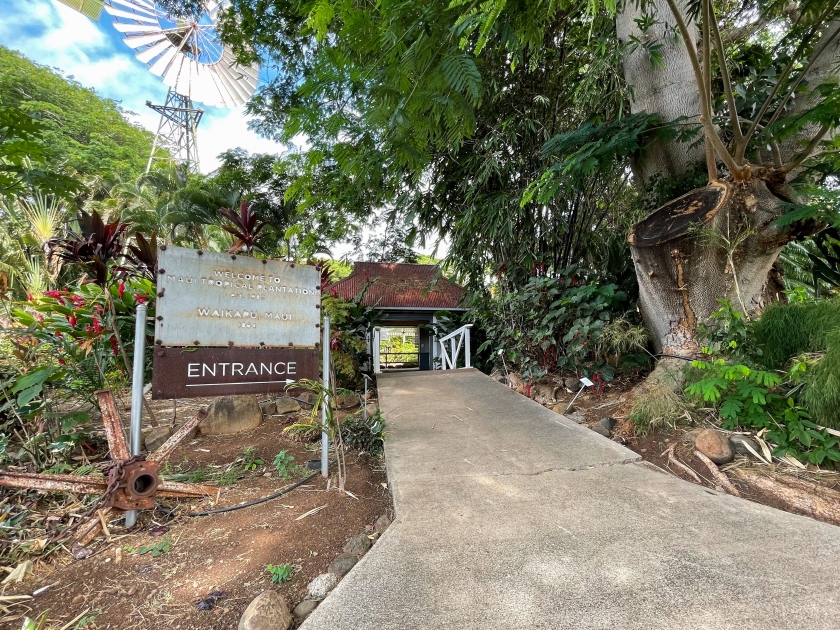
Early Years: Sugar Cane and Pineapple Agriculture
In the 19th century, the land that now hosts Maui Tropical Plantation was part of a vast agricultural estate. Sugar cane and pineapple, two crops vital to Hawaii’s economy, were the main focus of cultivation. These crops played a key role in establishing the island as a major agricultural hub in the Pacific.
World War II: A Rest Haven for Soldiers
During World War II, the plantation area took on a new role. It became a rest and recuperation center for soldiers stationed at nearby military bases. This transformation offered soldiers a tranquil retreat amidst the island’s tropical landscape, adding a layer of historical significance to the plantation’s story.
Post-War Transformation: Agricultural Diversification
After the war, the plantation began to diversify its agricultural operations, moving away from sugar cane and pineapple to a wider variety of tropical crops. This shift towards diversification ensured a more sustainable and adaptable future for the land and its farming practices. In 1984, the plantation officially opened its doors to the public as Maui Tropical Plantation, embracing its role as a tourist attraction. Visitors were invited to explore the gardens, experience tropical agriculture firsthand, and participate in family-friendly activities, all while enjoying the breathtaking views of the West Maui Mountains.
Today: A Blend of Education and Tourism
Maui Tropical Plantation has maintained its focus on education, offering visitors a deep dive into Maui’s agricultural heritage and the importance of sustainable farming practices. The plantation’s educational tours, coconut husking demonstrations, and farm-to-table experiences continue to draw tourists interested in both the culture and history of the island.
Historical Significance and Modern Appeal
Maui Tropical Plantation remains a must-visit destination, blending its rich historical roots with modern tourism and educational experiences. Its transformation from a sugar and pineapple estate to a hub for agricultural diversity has helped preserve the land’s cultural importance, making it a meaningful stop for anyone visiting Maui.
Things to Do
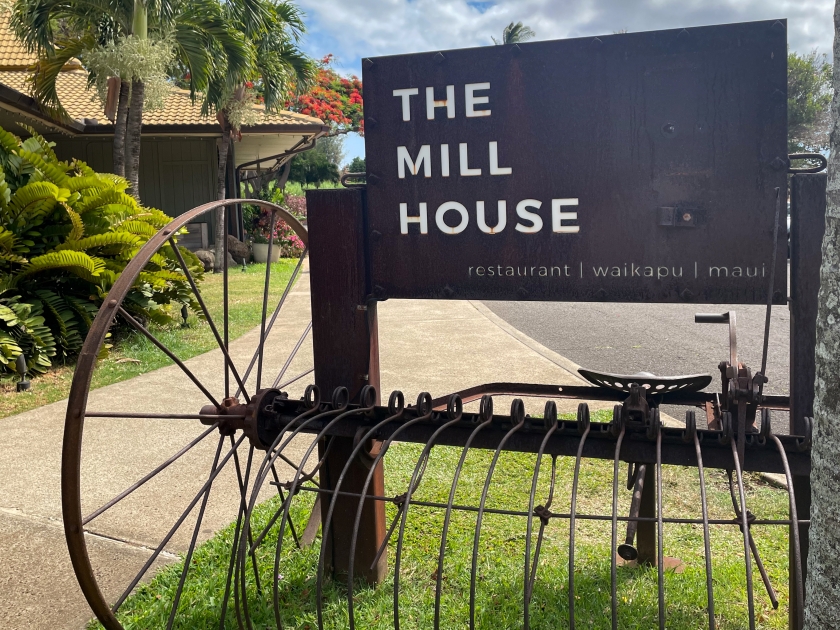
Explore Maui's Agricultural Heritage
Experience the plantation’s lush beauty on a guided tram tour that takes you through vibrant tropical landscapes. The tour includes a live coconut husking demonstration and offers insights into various tropical plants like pineapples, coffee, and sugarcane, making it an educational journey into Maui’s agricultural history.
Savor Farm-to-Table Delights
Dine at The Mill House, where locally sourced ingredients from the plantation itself are transformed into exquisite farm-to-table dishes. The restaurant’s décor, featuring elements from the old sugar mill, creates a unique and historical dining atmosphere you won’t forget.
Shop for Local Hawaiian Goods
Stop by the Country Market to shop for fresh local produce, artisanal jams, Hawaiian coffee, and handcrafted items. This charming market is perfect for picking up unique souvenirs that reflect the island’s culture and agricultural bounty.
Soar Above the Plantation
For adventure enthusiasts, the Maui Zipline offers a thrilling experience with breathtaking aerial views of the plantation and surrounding landscape. It’s a family-friendly activity that combines fun and a dose of adrenaline in a safe and scenic environment.
Discover Local Art
Explore the on-site art galleries, including the Malama Art Gallery, which showcases stunning works from local artists. These galleries offer a chance to purchase unique, island-inspired art pieces, adding a cultural touch to your visit.
Duck Feeding
Feed the ducks at the pond, a charming and family-friendly activity where visitors can purchase food to share with these friendly birds. It’s a simple but delightful experience, especially for younger visitors.
Celebrate in a Tropical Paradise
Maui Tropical Plantation is a popular venue for weddings and special events, offering picturesque backdrops and a range of event spaces. Seasonal events, festivals, and concerts also make it a lively and dynamic destination throughout the year.
Visitor Information
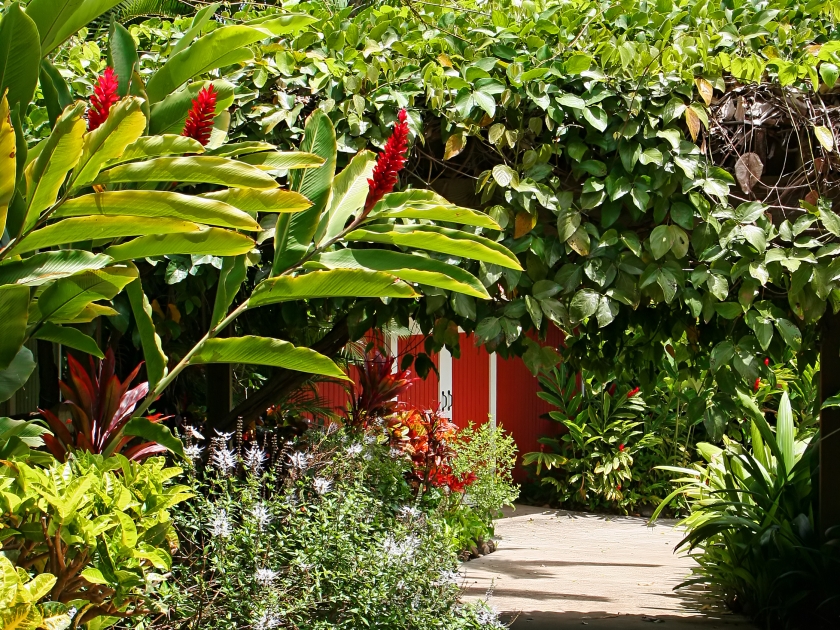
The plantation is open daily from 9:00 AM to 5:00 PM, with no entrance fee for general admission, though certain activities like the tram tour and ziplining require tickets, which can be booked in advance online. Visitors can reach the plantation via Highway 30, and ample parking is available on-site.
Tips for Visiting
- Book in advance for popular activities like the tram tour and ziplining, especially during peak tourist seasons.
- Arrive early to avoid crowds and enjoy a peaceful walk through the gardens.
- Wear comfortable shoes for exploring the grounds and participating in activities.
- Bring sunscreen and a hat, as much of the plantation is outdoors with limited shade.
- Check the weather forecast before your visit, as rain may affect outdoor activities.
- Plan time for dining at The Mill House, as it’s a highly recommended stop for farm-to-table meals.
- Visit the Country Market before leaving to pick up local produce, coffee, and handcrafted souvenirs.
- Look out for seasonal events such as festivals or special performances that might enhance your visit.
Best Time to Visit
The best time to visit Maui Tropical Plantation is during the spring and fall when the weather is pleasant, and the crowds are smaller. Visiting early in the morning, right when the plantation opens, allows for a more peaceful experience, as it tends to be less busy. Weekdays are also ideal for avoiding larger crowds, especially if you’re planning on participating in activities like the tram tour or ziplining.
Nearby Attractions
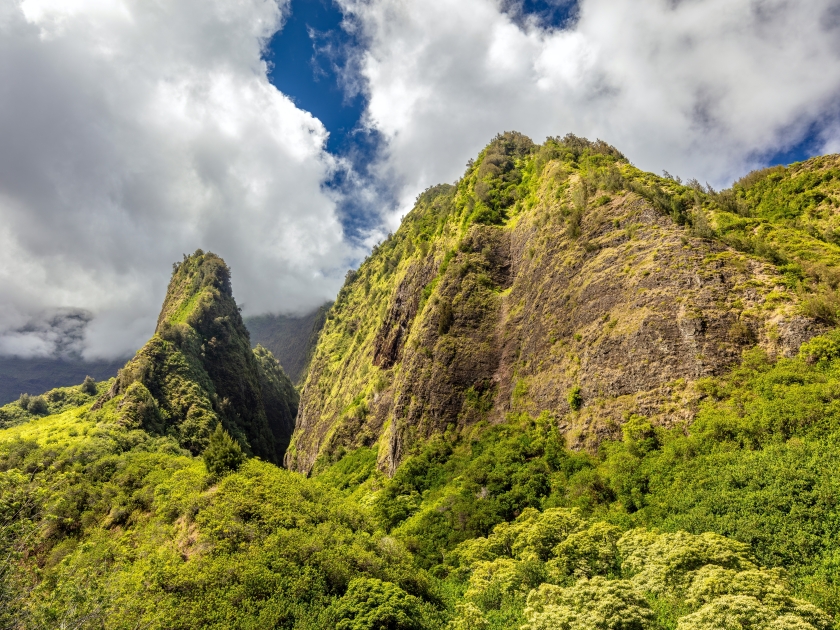
Maui Tropical Plantation is perfectly located near several other must-see attractions in Central Maui, making it easy to add to your itinerary. Just a short drive away, you can explore the scenic Iao Valley with its lush greenery and the iconic Iao Needle, or take in the beauty of Waikapu Valley. These nearby spots provide excellent opportunities for hiking and sightseeing, visiting the plantation a convenient stop on a day filled with exploring Maui’s central attractions.
Dining and Accommodations
When visiting Maui Tropical Plantation, there are great dining and accommodation options nearby. Cafe O’Lei (formerly The Mill House) serves a delightful menu of Hawaiian-influenced American cuisine with beautiful views of the plantation. For a casual meal, Leoda’s Kitchen + Pie Shop offers farm-to-table dishes and famous pies just a short drive away. Luxurious accommodations like Hyatt Regency Maui Resort & Spa and Fairmont Kea Lani are within 15 miles, offering ocean views and excellent amenities.
Frequently Asked Questions (FAQs)
Visitors can enjoy a tram tour, explore the botanical gardens, shop for local products, and dine at The Mill House restaurant while learning about Maui’s agricultural history.
Yes, Maui Tropical Plantation offers a unique experience with scenic views, interactive tours, and local cuisine, making it a popular destination for families and nature lovers.
A visit to Maui Tropical Plantation typically takes around 2-3 hours, depending on activities like the tram tour, dining, and exploring the gardens.
There is no entrance fee to walk around the plantation grounds, but some activities, like the tram tour, may require a ticket purchase.
Yes, there is free parking available for all visitors at the Maui Tropical Plantation, making it convenient to access the various attractions on-site.
First-time visitors should wear comfortable clothing and shoes suitable for walking, bring sunscreen and hats for sun protection, and consider packing snacks or water for their exploration.
How to Get There
By Car
To reach the Maui Tropical Plantation by car, begin your journey from Kahului. Take HI-380 towards Wailuku, and continue on this route until you reach HI-30. Follow the signs towards Waikapu and drive approximately 10 miles on HI-30. The plantation will be on your left, clearly marked with ample parking available for visitors. The drive offers scenic views of the island, making it an enjoyable trip.
By Bus
Traveling to Maui Tropical Plantation by bus is a convenient option for those without access to a car. From Kahului, take the Maui Bus Route #20, which heads towards Wailuku. You will transfer at the Queen Ka’ahumanu Center onto Route #34, which takes you directly to the Waikapu area. The bus stop is adjacent to the plantation’s entrance, allowing for easy access. Check the Maui Bus schedule for any updates or changes to the bus routes and times.
From Fields to Feasts
Maui Tropical Plantation offers a vibrant journey through Maui’s rich agricultural history, complete with lush gardens, thrilling zipline adventures, and unforgettable dining at Cafe O’Lei. Whether you’re exploring the plantation’s beauty or shopping for local treasures, this destination is a true highlight of Central Maui. Make sure to plant this spot firmly on your Maui travel itinerary for a day filled with discovery, relaxation, and the spirit of Aloha.



